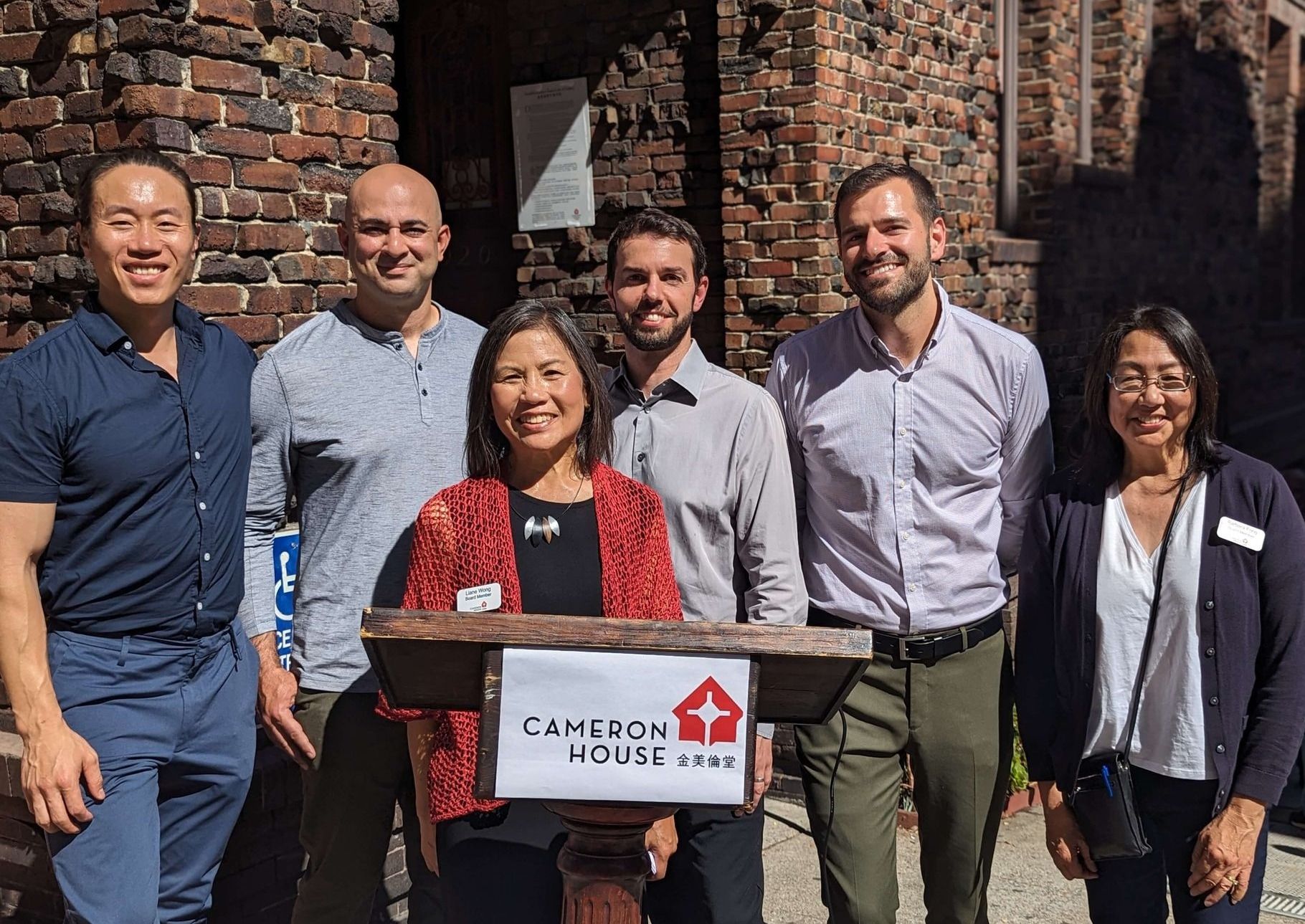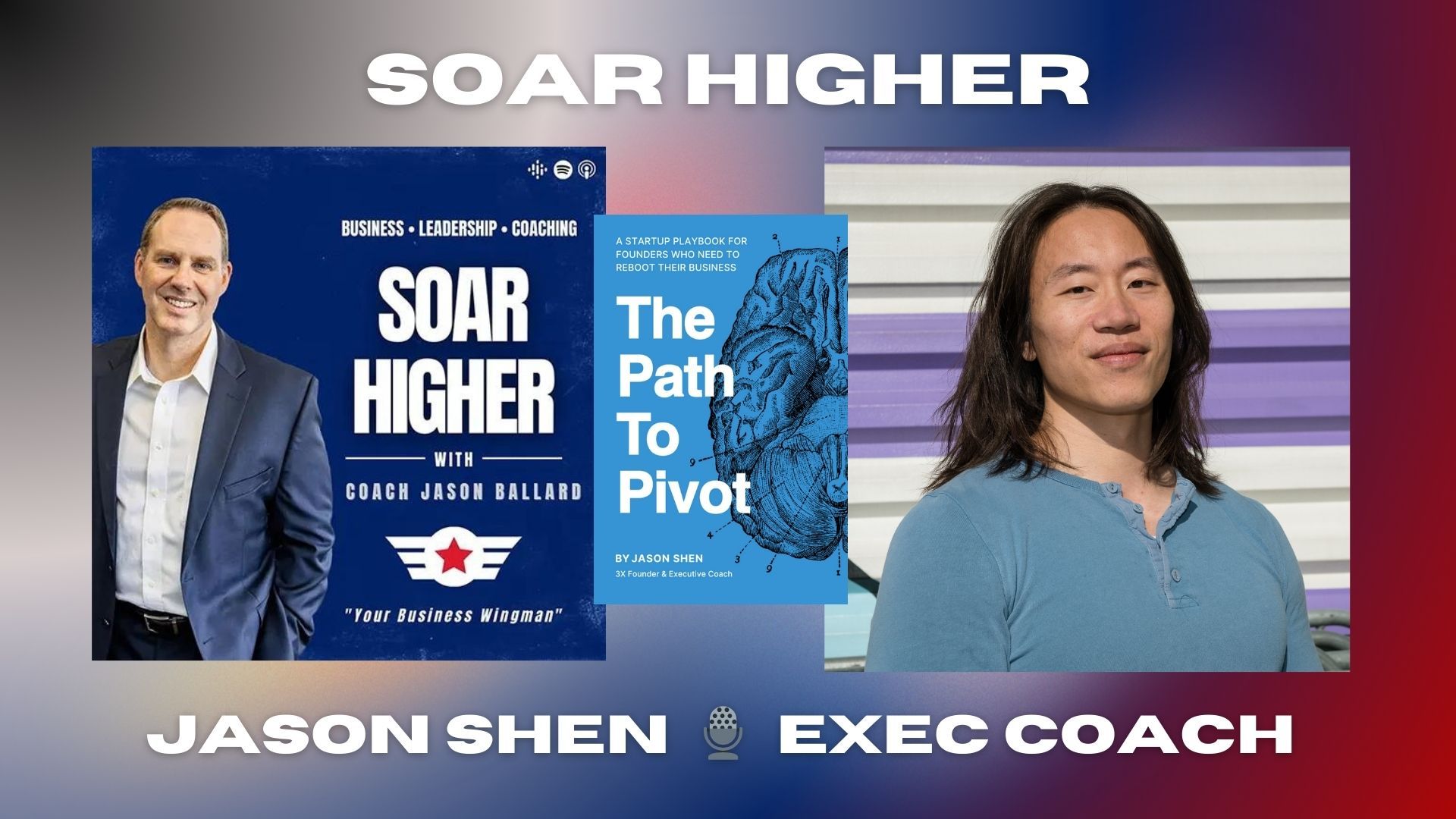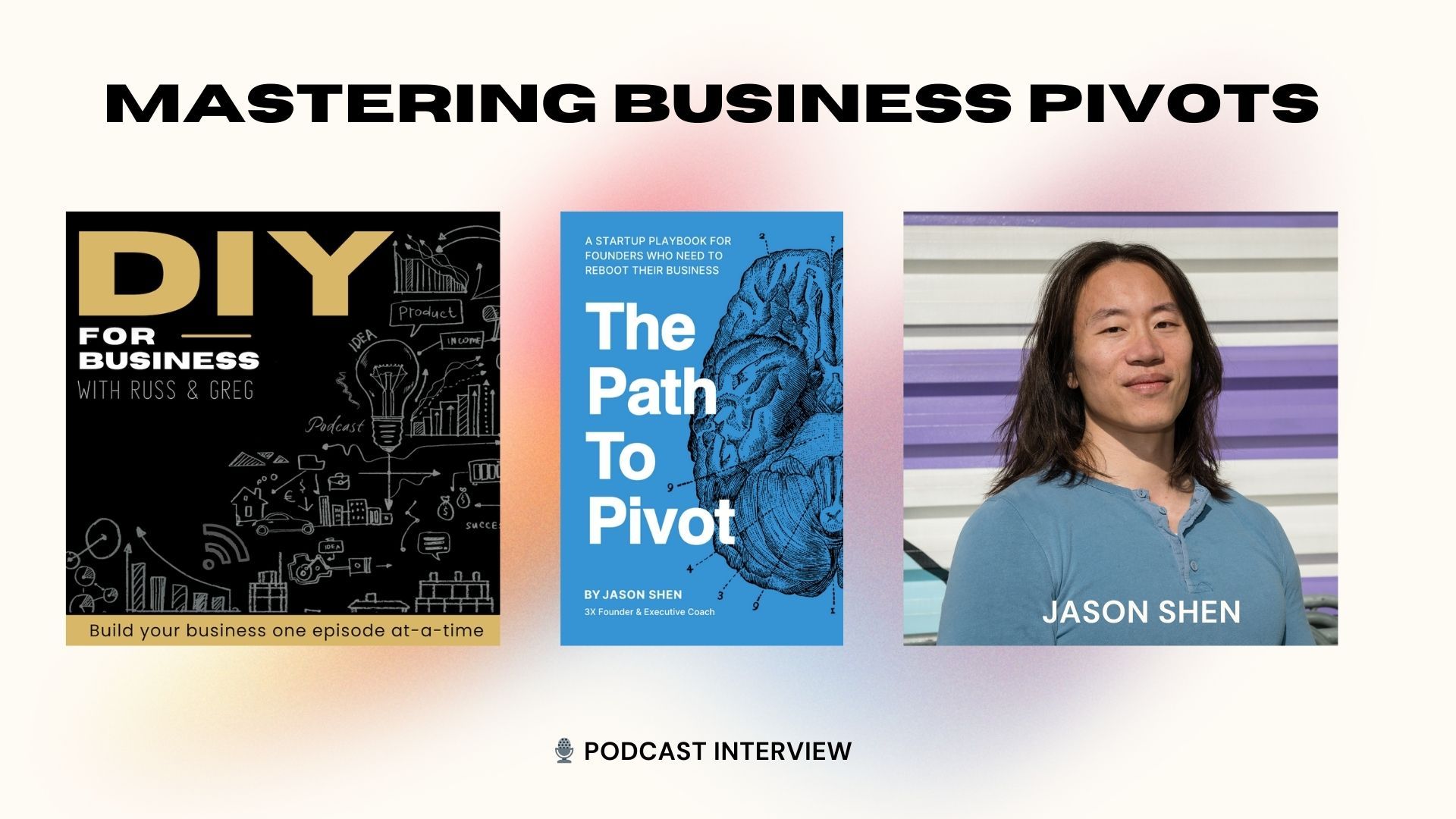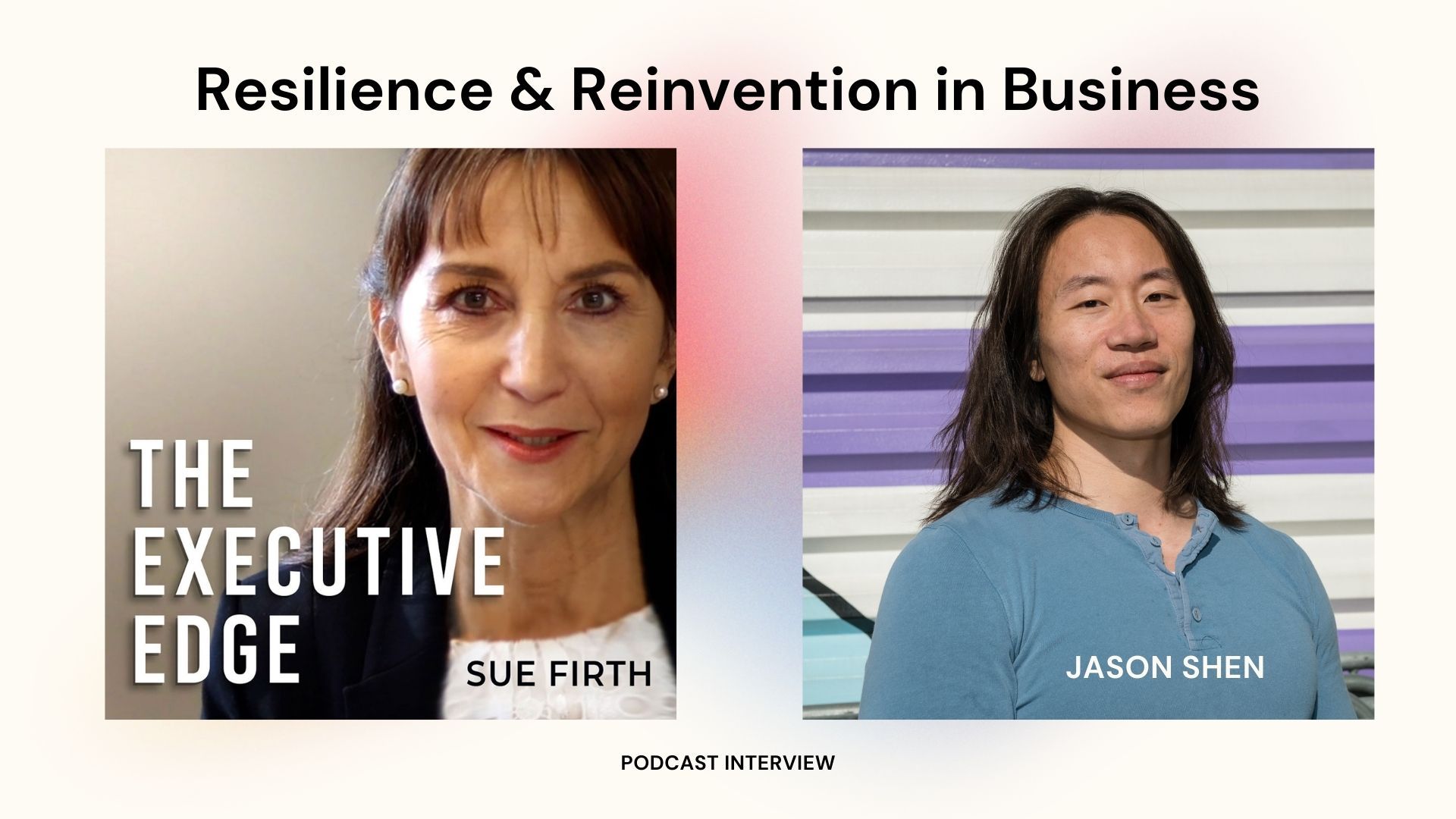We've all gotten more familiar with infectious diseases in the last few years, but viruses aren't the only thing that can spread.
Physical health conditions like obesity can spread through a social network as well as mental health ones like depression. But so can positive changes like increased happiness and quitting cigarettes [1].
This phenomenon is broadly known as social contagion, the spread of behaviors, attitudes, and affect through crowds and other types of social aggregates from one member to another.
Taking what feels like a pretty small leap here, I'd argue that beliefs are also contagious. Whether it's the idea that crypto is a brilliant opportunity (or a massive scam), that a particular conflict or act of violence is righteous (or unjustified), or that the economy is doing better (or worse), we can "catch" beliefs from others.
So to give you fair warning, here are 10 beliefs you might "catch" if you keep reading this newsletter. And this holds doubly true if you work with me as a coach or facilitator.
🚀 1. You don't need permission to go after wild dreams
Life is short and it's more fun when you're doing something bold. So if you have a grand vision you'd like to pursue, you already have permission to go after it.
As the child of immigrants, I felt like I had to play it safe to honor my parents' sacrifice, but now I see it in reverse: by swinging big, just as they did, I honor their legacy and follow in their footsteps. So let's go.
💪 2. Nothing beats learning by doing. Try a lot of stuff in the real world.
Consuming second hand information only gets you so far. As Prince Harry's ghostwriter once beautifully said, "Empathy is a thin gruel compared to the rich marrow of experience". Better to gain it for yourself.
If you want to be an entrepreneur, make something and see if you can get people to use it. You learn faster from trying it in the real world than studying it in a class or textbook.
🕰️ 3. Good things compound over time so play the long game.
Part of why you gotta start doing things right away is that it takes a while to get started, find an approach that works for you, and get some early wins. Skills, reputation, and momentum start out hard to build and get easier over time. You gotta keep at it to see results.
In many ways, I have struggled to act on this belief in my own life, because I am so novelty-seeking. But when I look at the things I have stuck to, gymnastics, writing, my relationship with Amanda, I see my gains compound. Ten years from now, you'll be glad you played the long game.
🏋️♀️ 4. To reach your full capacity, you must nourish your physical body with movement & rest
Everyone reading this is a knowledge worker and that kind of labor can make the rest of your body feel superfluous. But in fact our minds cannot perform at our best when our bodies are not in good condition.
Varied, consistent, intense movement, plus quality rest (total hours, consistent schedule, supplemental naps) are vital factors for us to show up as excellent leaders, builders, and partners.
🎲 5. Always leave a little room to make low-probability, high-upside bets.
Our world is complex, interconnected, and increasingly volatile. Bad things can happen out of the blue (e.g. extreme weather, SVB crisis, flight cancellations, etc).
But for every loss, there's room for gain. Investing a bit of your time, money, and effort on things that could do well (helping a high potential young person, investigating a promising new technique/concept/tool in your field) can pay unexpected dividends when you least expect it.
🤝 6. Help others more than you think is wise. The world is not zero-sum and an overly competitive mindset is toxic.
I don't believe that to do well, my peers or competitors must fail.
Thanks to better governance and technological advances, we've been able to raise the living standards for human beings all around the world. The reason why startups work is because people work harder to help the entire organization compared to the narrow lane of a big company.
Your well-being is enhanced more when you help others succeed than narrowly focusing on your own gain at the expense of others.
🏘️ 7. You don't need more self-reliance. You need more communal resilience.
We are overly fixated on being able to do things "by ourselves". Certainly we want kids and young adults to develop their ability to live independently. But to do anything challenging or weather difficulties requires the support of others.
Asking for help is often the sign of greater maturity than hiding your troubles to avoid losing face. We are more resilient when we are together.
💖 8. In the end, you will care more about the quality of your relationships than accolades and accomplishments.
By all means, pursue your ambitions and prioritize the endeavors that matter to you. I certainly "work more" than plenty of folks. But I love the work I do, and I almost always am able to prioritize my health and the relationships of the people closest to me over my professional responsibilities.
Because I know I won't regret making more money or winning more recognition, but I'll treasure every moment I had with my family and close friends.
🔄 9. When you learn how to reframe problems as opportunities, you become unstoppable.
I come back again and again to the words of educator Howard Gardner in his book Extraordinary Minds: “Extraordinary individuals fail often and sometimes dramatically. Rather than giving up, however, they are challenged to learn from their setbacks and to convert defeats into opportunities.”
It is easier said than done, but that's why it is a belief! I have been talking about stuff like getting rejected or the lessons of failure for more than a decade and I'm not going to stop now.
📩 10. Communication matters more than results when it comes to building trust.
Having recently witnessed second-hand the destructive effect poor communication had on a really important project, I can't stress this one enough. People will forgive underwhelming results when it comes with clear, upfront, and consistent communication. But they may not be satisfied with even stellar results if communication is sporadic, incomplete, and inconsiderate. More in this post.
Bonus! 🔮 11. There are no magic formulas—enduring success comes from discovering what strategies work best for YOU.
If you read this newsletter, there's a good chance you might identify as an outlier: someone who deviates from the norm in meaningful ways. Your identity, your talents, your background, your point of view may not fall squarely in the mainstream.
The typical advice won't work for you because you're atypical. So embrace what makes you different and figure out (as per #1) what works for you by experimenting in the real world. Then stick with it and keep iterating.
--
Curious to know, which of these beliefs (1-11) do you most resonate with? Or are there any you vehemently oppose?
Contagiously yours,
—Jason
[1] Obesity as a social contagion (link) along with depression (link), happiness (link) and quitting smoking (link).

Recent Issues



Recent Podcasts







